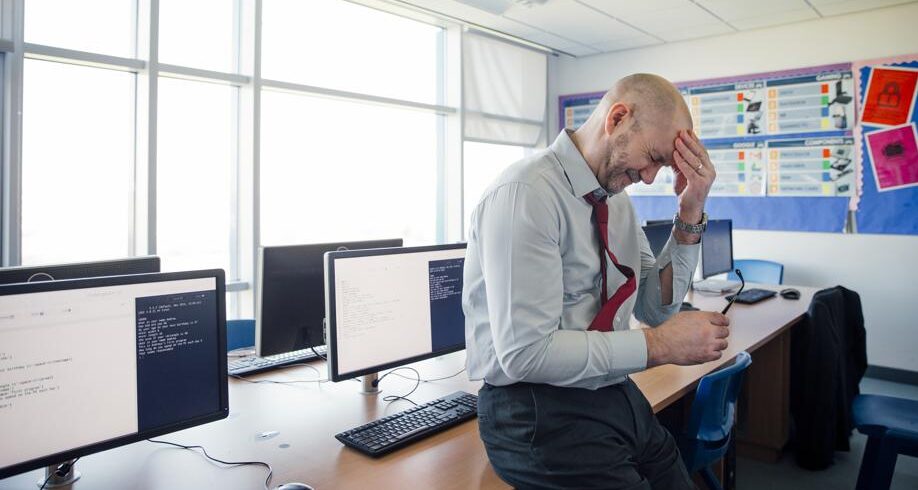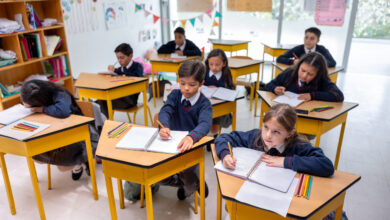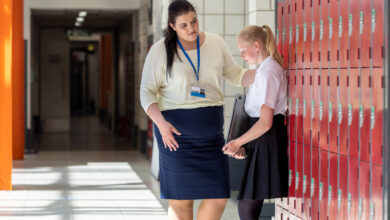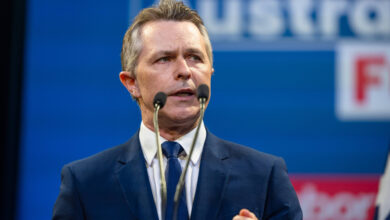School ManagementTop StoriesWorkforce
One in two principals plan to quit, survey finds

Lack of time to focus on teaching and the the "sheer quantity of work" are among the top stressors driving one in two principals to seriously consider quitting their jobs, a damning survey has revealed.
Please login below to view content or subscribe now.





